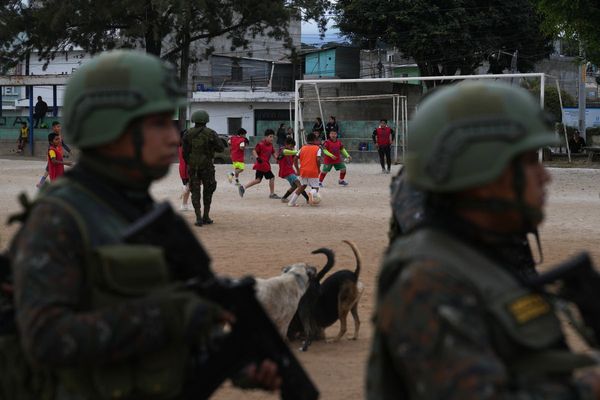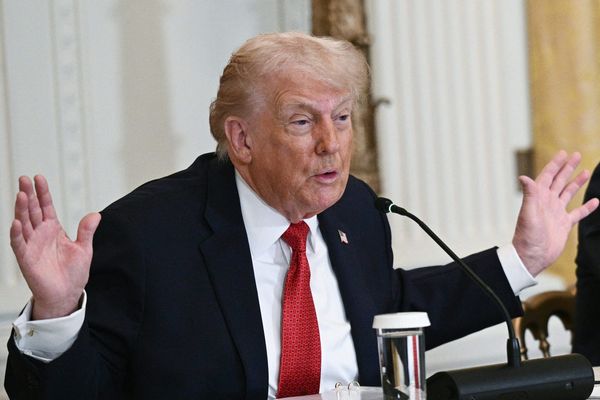
A dangerous new phase of hostilities has erupted between Iran and Israel, drawing international concern amid fears of a wider regional war. Beyond the immediate devastation, the conflict has also sparked global alarm over its potential to destabilise critical energy corridors.
For India, which maintains strategic relations with both Israel and Iran, the war presents complex geopolitical and economic dilemmas. Against this backdrop, Indian newspapers have weighed in, urging caution, ceasefire, and diplomatic balancing.
In its editorial titled ‘Fallouts of Iran-Israel conflict: Disruptions in oil supplies, raised prices’, The Indian Express begins with how crude oil prices jumped last week. Though they slightly stabilised on Monday, with the jump in oil prices, the editorial said, “There are concerns over rising energy costs, and the broader implications for prices across the world.”
“Fears have been raised over Iran possibly closing the Strait of Hormuz, through which a fifth of global oil supply and around 17 per cent of LNG is transported. Goldman Sachs, a US-based investment house, is said to have estimated that a blockade of this key passage could push up prices above $100 per barrel. A widening of the conflict could cause a greater price spike. JP Morgan is said to have warned about the possibility of prices rising to $120 in a worst-case scenario. For an oil-importing country like India – it imports more than 80 per cent of its requirements – disruptions in global supplies and price surges will have implications. The costs will have to be borne, though for some time prices at the pump have not reflected the sharp movements in global oil prices. High oil prices sustained over a longer period could also accelerate the switch to alternatives, giving a spur to electrification of transport,” the editorial read.
The Hindu’s editorial, ‘Escalation spiral: on the Israel-Iran conflict’, urged global powers to persuade Israel to end its reckless war.
It, however, calls Israel’s aggression against Iran “unprovoked” and says that it plunged West Asia into its gravest regional crisis since the 1973 Arab-Israeli war and pushed the Jewish nation into an unprecedented security calamity.
“Mr. Netanyahu should have carefully considered the consequences and avoided launching this reckless, illegal war. The Israeli attack came just days before the United States and Iran were to hold the sixth round of nuclear talks. The war has practically killed the possibility of a diplomatic solution to the nuclear crisis. This also raises questions about Israel’s endgame. If Israel is not able to completely dismantle Iran’s nuclear programme, it may, as Mr. Netanyahu has suggested, push for a state collapse or regime change in Tehran… If the war drags on, the risk of U.S. involvement increases. And If Iran retaliates by bombing American bases in the Persian Gulf, shutting down the Strait of Hormuz or targeting tankers in the Gulf of Oman, it could trigger a security and economic catastrophe. This is another reason why a ceasefire between Iran and Israel is urgently needed. Global powers, particularly the U.S., Israel’s chief patron, and Russia, an Iranian ally, must play a more proactive role in mediation and peacemaking,” the editorial stated.
In its editorial titled ‘Tough test: Editorial on India's geopolitical positioning on the Israel-Iran conflict’, The Telegraph pointed to India distancing itself from the recent statement by the Shanghai Cooperation Organisation and said that New Delhi “cannot stay divorced from broader sentiments in the Global South.”
The editorial emphasised the opinions of financial experts: A full-fledged war can be detrimental, especially with two other ongoing wars – in Gaza and Ukraine – already putting pressure on international diplomacy. As India has strong ties with Iran and Israel, its geopolitical positioning is already being tested.
“New Delhi cannot afford to appear isolated from major bodies it is a part of; nor can it stay divorced from broader sentiments in the Global South. At the same time, India will not want to alienate Israel – a major security partner – and its closest ally, the United States of America. There are economic concerns as well. A war could sink the billions of dollars in investment that India has made to develop the Chabahar port in Iran. Rising oil prices will mean increased inflation, which will hit ordinary Indians. If Iran decides to close the Strait of Hormuz – a real threat if the conflict escalates – India’s energy security could come under threat: India imports 40 percent of its oil from the Middle East and all of it passes through the Strait of Hormuz. New Delhi will also need to evacuate thousands of students stranded currently in Iran. Juggling these diplomatic, economic and humanitarian challenges will test even India’s highly-skilled foreign service corps.” the editorial said.
The Times of India, in its editorial titled ‘Friends with benefits’, talks of how “most countries today prefer keeping options open rather than locking in ties. That may help stave off WWIII”.
It talked of Prime Minister Narendra Modi’s visit to Cyprus, a move seen to send a message to Turkey for its support for Islamabad. However, the editorial also says that ties between Turkey and India “aren’t totally belligerent and routine relations continue on several fronts.”
“In a similar vein, in the latest round of Iran-Israel conflict several countries, including India, aren’t taking a clear side. They would ideally like to preserve ties with both parties. The same can be said of the Ukraine-Russia war with many countries looking to have balanced relations with both Kyiv and Moscow after the hostilities end. The 21st century foreign policy dictum, therefore, is more closely aligned with the saying “there are no permanent friends and enemies in geopolitics”. Be it US’s approach to Afghanistan after the return of Taliban, Vietnam’s ties with US today that have buried the acrimony of the Vietnam War, or the improving ties between South Korea & Japan, there’s a sense that our increasingly interconnected world provides opportunities that can overcome differences… giving primacy to geopolitical flexibility puts a check on Cold War-type bloc scenarios from taking hold and furthers the case of multipolarity. That in turn could at least help stave off World War III, if not prevent regional conflicts. Hence, India’s multialignment strategy appears to be surfing the right wave,” the editorial read.
Small teams can do great things. All it takes is a subscription. Subscribe now and power Newslaundry’s work.
Newslaundry is a reader-supported, ad-free, independent news outlet based out of New Delhi. Support their journalism, here.







